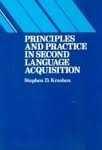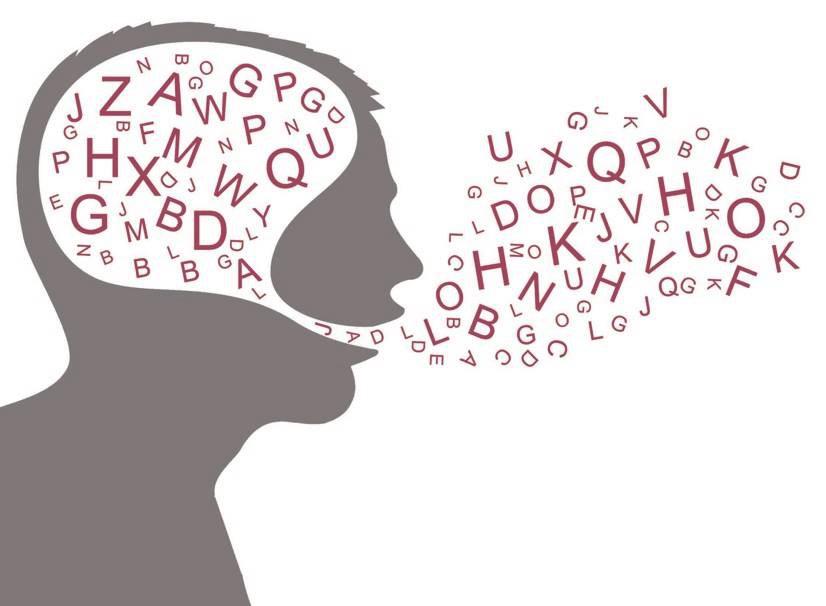Explore the World's Best Ideas
Join today and uncover 100+ curated journeys from 50+ topics. Unlock access to our mobile app with extensive features.
THE ACQUISITION-LEARNING DISTINCTION IN SECOND LANGUAGE
The acquisition-learning distinction is perhaps one of the more fundamental hypotheses when it comes to second language studies. It maintains that adults have two distinct and independent ways of developing competence in a second language.
12
278 reads
Acquisition
The first way is language acquisition. Language
acquisition is a subconscious process; language acquirers are not usually aware of the fact that they are acquiring language, but are only aware of the fact that they are using the language for communication.
The result of language acquisition, acquired competence, is also subconscious.
We are generally not consciously aware of the rules of the languages we have acquired. Instead, we have a "feel" for correctness.
Grammatical sentences "sound" right, or "feel" right, and errors feel wrong, even if we do not consciously know what rule was violated.
14
189 reads
Learning
The second way to develop competence in a second language is by language learning. The term "learning" is used to refer to conscious knowledge of a second language, knowing the rules, being aware of them, and being able to talk about them. In non-technical terms, learning is "knowing about" a language, known to most people as "grammar", or "rules". Some synonyms include formal knowledge of a language, or explicit learning.
12
173 reads
IDEAS CURATED BY
An apirant linguist and language teacher, whose only dream is to leave a legacy. 📒
sina rashidyani's ideas are part of this journey:
Learn more about communication with this collection
How to write clearly and concisely
How to use proper grammar and punctuation
How to structure a business document
Related collections
Discover Key Ideas from Books on Similar Topics
7 ideas
Introduction to Statistics for Biomedical Engineers
Kristina M. Ropella
3 ideas
Measuring the User Experience
William Albert, Thomas Tullis
5 ideas
Behavioral Evidence Analysis
Brent E. Turvey, Manuel Esparza
Read & Learn
20x Faster
without
deepstash
with
deepstash
with
deepstash
Personalized microlearning
—
100+ Learning Journeys
—
Access to 200,000+ ideas
—
Access to the mobile app
—
Unlimited idea saving
—
—
Unlimited history
—
—
Unlimited listening to ideas
—
—
Downloading & offline access
—
—
Supercharge your mind with one idea per day
Enter your email and spend 1 minute every day to learn something new.
I agree to receive email updates

